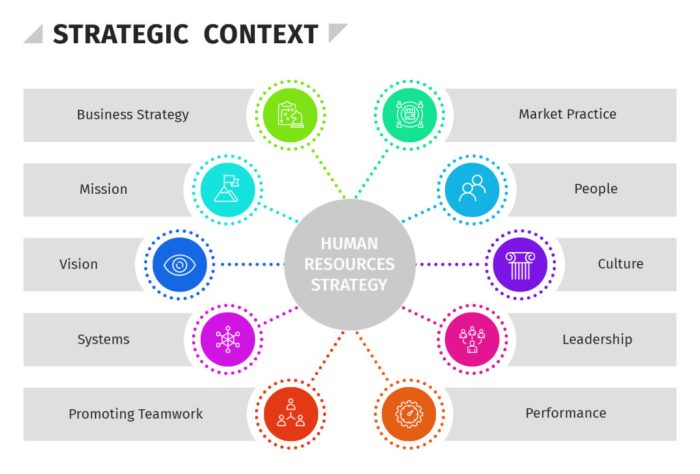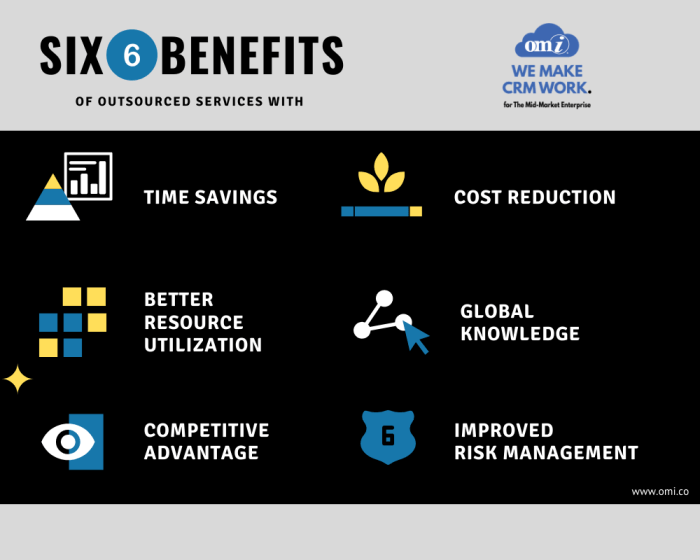Companies may smartly outsource all of the following except – The realm of business outsourcing presents a complex landscape, where companies grapple with the strategic decision of which functions to retain in-house and which to delegate to external providers. This article delves into the intricacies of outsourcing, exploring the compelling reasons why companies should exercise caution when considering outsourcing certain critical aspects of their operations.
While outsourcing can offer numerous benefits, such as cost reduction, access to specialized expertise, and increased flexibility, it is essential to recognize that not all functions are suitable for outsourcing. Core business functions, strategic decision-making, customer relationships, intellectual property, and regulatory compliance are among the key areas that companies should carefully consider keeping within their direct control.
Core Business Functions
Outsourcing core business functions can be a risky proposition. These functions are essential to the operation of the business and should be kept in-house to maintain control and protect the company’s competitive advantage.
Examples of core business functions that should remain in-house include:
- Product development
- Marketing and sales
- Customer service
- Finance and accounting
- Human resources
Outsourcing these functions can lead to a loss of control over the business, increased costs, and a decrease in quality. It can also make it more difficult to respond to changes in the market.
Strategic Decision-Making

Strategic decision-making is another area that should not be outsourced. These decisions are critical to the long-term success of the business and should be made by the company’s leadership team.
Examples of strategic decisions that should be made internally include:
- Entering new markets
- Acquiring new businesses
- Developing new products or services
- Making major investments
- Changing the company’s organizational structure
Outsourcing strategic decision-making can lead to a loss of control over the business and a decrease in the company’s ability to achieve its goals.
Customer Relationships: Companies May Smartly Outsource All Of The Following Except

Customer relationships are essential to the success of any business. These relationships should be maintained in-house to ensure that the company is providing the best possible service to its customers.
Examples of customer relationship management tasks that should be kept in-house include:
- Handling customer inquiries and complaints
- Providing customer support
- Developing and implementing customer loyalty programs
- Managing customer data
- Conducting customer research
Outsourcing customer relationships can lead to a decrease in customer satisfaction, a loss of control over the customer experience, and an increase in costs.
Intellectual Property

Intellectual property is a valuable asset that should be protected. Outsourcing intellectual property can put the company at risk of theft or misuse.
Examples of intellectual property that should be protected include:
- Patents
- Trademarks
- Copyrights
- Trade secrets
- Know-how
Outsourcing intellectual property can lead to a loss of control over the company’s intellectual property, a decrease in the value of the company’s intellectual property, and an increase in the risk of legal liability.
Regulatory Compliance

Regulatory compliance is essential for any business. Outsourcing regulatory compliance can put the company at risk of non-compliance with laws and regulations.
Examples of regulatory compliance tasks that should be handled internally include:
- Developing and implementing compliance policies and procedures
- Training employees on compliance requirements
- Monitoring compliance with laws and regulations
- Auditing compliance with laws and regulations
- Reporting compliance to the board of directors and shareholders
Outsourcing regulatory compliance can lead to a decrease in the company’s ability to comply with laws and regulations, an increase in the risk of legal liability, and a loss of control over the company’s compliance program.
Questions Often Asked
What are the primary risks associated with outsourcing core business functions?
Outsourcing core business functions can compromise a company’s control over its operations, lead to potential loss of confidential information, and hinder the development of internal expertise.
Why is it important for companies to maintain control over strategic decision-making?
Strategic decisions shape the long-term direction of a company. Maintaining control over these decisions ensures alignment with the company’s vision, mission, and values.
How can companies benefit from maintaining direct contact with customers?
Direct customer contact enables companies to gather valuable feedback, build stronger relationships, and tailor their products and services to meet specific customer needs.